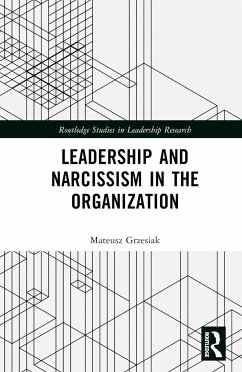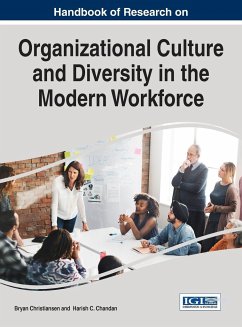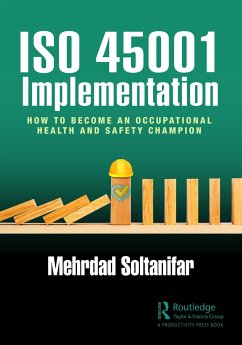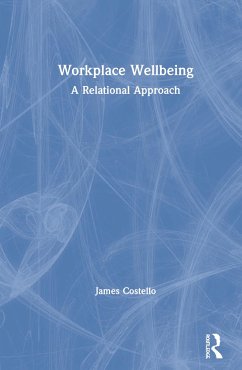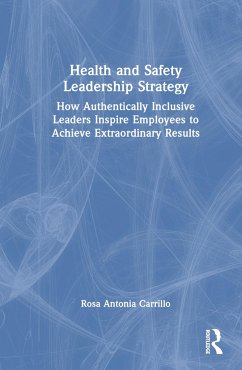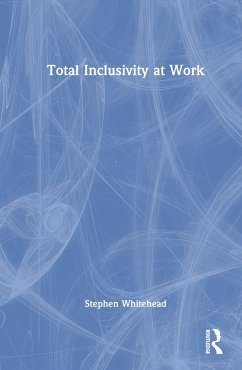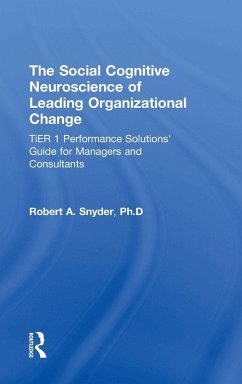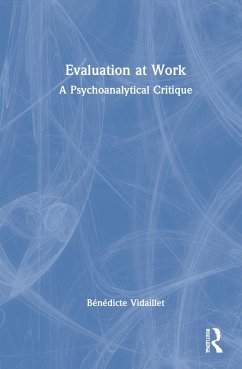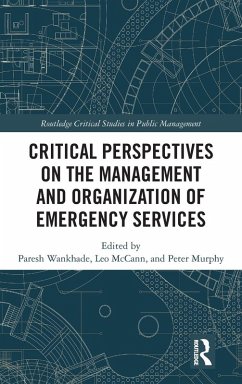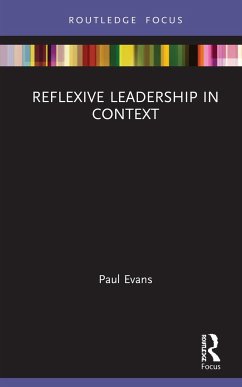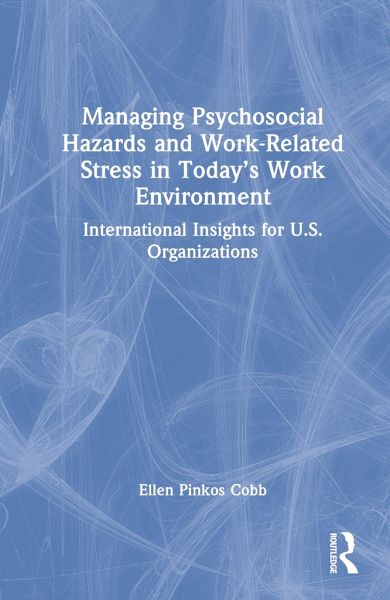
Managing Psychosocial Hazards and Work-Related Stress in Today's Work Environment
International Insights for U.S. Organizations
Versandkostenfrei!
Versandfertig in 1-2 Wochen
168,99 €
inkl. MwSt.
Weitere Ausgaben:

PAYBACK Punkte
84 °P sammeln!
Today's evolving world of work makes it imperative for employers to manage psychosocial hazards (PSH) and risks leading to work-related stress. This book contains essential, general, and country-specific information and templates for the successful management of hazards to prevent psychological harm in the workplace. Acknowledged as global issues affecting all workers and industries, PSH are work factors that have the potential to lead to physical or psychological injury and stress, relating to how work is designed, organized, and managed, and to work relationships and interactions. This book ...
Today's evolving world of work makes it imperative for employers to manage psychosocial hazards (PSH) and risks leading to work-related stress. This book contains essential, general, and country-specific information and templates for the successful management of hazards to prevent psychological harm in the workplace. Acknowledged as global issues affecting all workers and industries, PSH are work factors that have the potential to lead to physical or psychological injury and stress, relating to how work is designed, organized, and managed, and to work relationships and interactions. This book advances the idea that management of PSH, and psychological health and safety, is part of the duty of care of today's responsible and ethical employers to employees, and that U.S. employers should recognize this responsibility. Clear and easy to follow, this guide presents comprehensive information on addressing PSH, discussing measures taken internationally (laws, guidance, and resources from Europe, Canada, Mexico, Australia, and Japan), and a new global standard on psychological health and safety at work. (Note: At times within this book, and Part II in particular, punctuation may be added to quoted provisions for ease of reading and for consistency.) Practitioners and students in the fields of management, occupational health and safety, human resource management, ethics and compliance, occupational health psychology, and organizational psychology will come away with a deeper understanding of the importance of PSH and their management.




